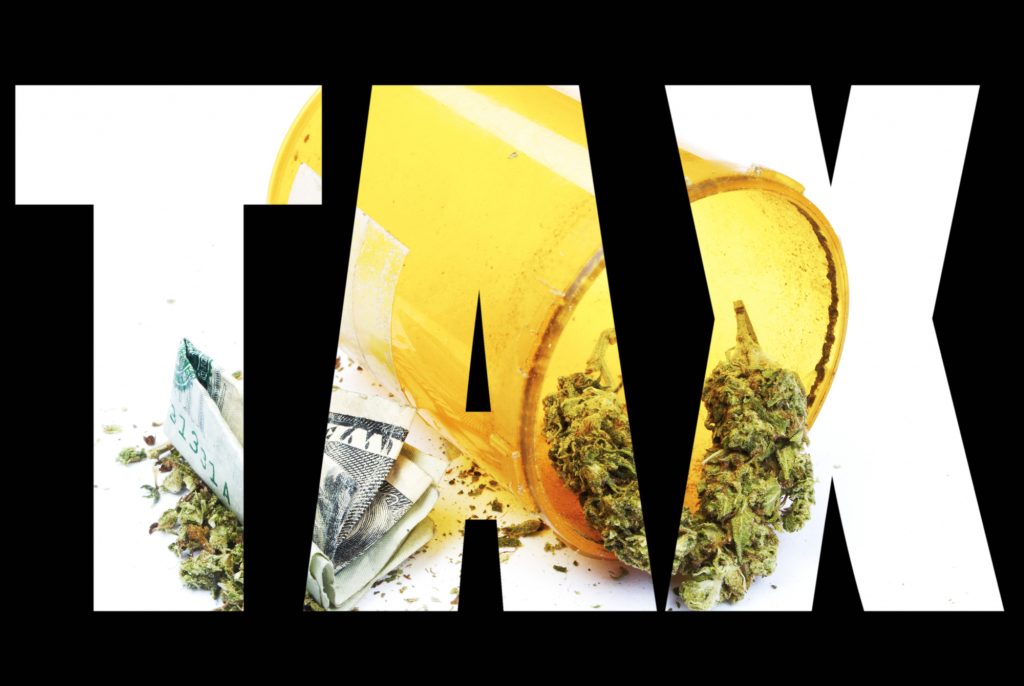
For several years one of the biggest problems the cannabis industry has faced is I.R.C. Section 280E. It suffocates the regulated marijuana industry. A recent decision by the Oregon Tax Court addresses Section 280E and what may properly fall under Cost of Goods Sold (“COGS”) in the context of a marijuana grow operation. (See here, here, here, here and here for some of our prior coverage on COGS and Section 280E).
The case for today’s discussion is Lessey v. Dep’t of Revenue, No. TC-MD 210265G, 2022 WL 17336203 (Or. T.C. Nov. 29, 2022) (Feel free to email me for a copy). In Lessey, the plaintiff challenged the Oregon Department of Revenue’s (“ODR”) adjustment to COGS and expense deduction claimed on their 2016 return for a marijuana-grow business.
On that return, plaintiffs reported about $20,000 in gross receipts, no beginning or ending inventory, and $57,654 in COGS, of which the ODR allowed $31,187. Most of the expenses now in dispute were originally claimed by Plaintiffs within COGS. These included expenses for air conditioning units, cellular telephone service, internet service, office rental, and meals and entertainment. Let’s take a look at the Tax Court’s decision as it relates to Section 280E and COGS.
Lessey on IRC 280E
Read full article on HarrisBricken


